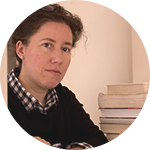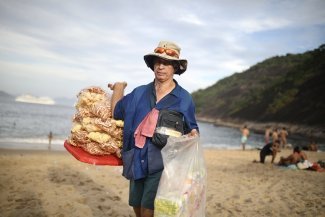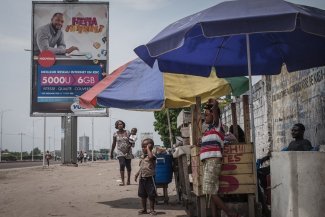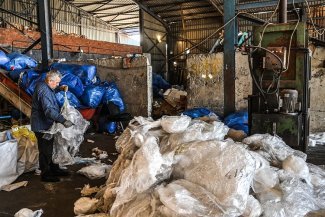The Berlin Wall fell on the night of 9 November 1989. East German citizens brought about its fall through a peaceful revolution. At the beginning of December 1989, the Malta Summit, bringing together the presidents of the United States, George H. W. Bush, and the Soviet Union, Mikhail Gorbachev, was held, bringing an end to the Cold War.
Is democracy in danger? Have we entered the era of populism and authoritarianism?
Regardless of which continent you look at, there is no shortage of examples to stir pessimism: the United States of Donald Trump, Nicaragua, Honduras, Zimbabwe, Turkey, Egypt, Russia, Poland, Hungary, Italy, Cambodia and the Philippines are just a few.
Yet there are less autocracies and wars than just three decades ago (60 compared with 85, and 12 compared with 23, respectively). And, as Canadian academic Steven Pinker, author of Enlightenment Now. The Case for Reason, Science, Humanism, and Progress, points out, indicators of progress such as life expectancy, rates of infant mortality or deaths from famine, literacy, extreme poverty, peace, freedom, security and leisure, have significantly or dramatically improved.
Two-thirds of the world’s people now live in democracies (without entering into an analysis of the current rollback of civil liberties, freedom of the press and expression, the lack of trust in institutions, or citizen participation in the policy-making of such democracies).
But, alongside all the data providing cause for optimism, there is one reality that cannot be overlooked: the growing gap between the rich and the poor (inequality that is placing pressure on the working and middle classes). And the gap is gradually widening, across the globe.
Behind this pressure lies the all-familiar dizzying globalisation and unbridled capitalism, along with communication and technological developments that the average person finds difficult to embrace, understand and digest. Not to mention the context in which, to paraphrase the South Korean philosopher Byung-Chul Han, the growing mass of information is diminishing our supreme power of judgement. It is against this background that many personalities, all around the world, have found the perfect breeding ground in which they can thrive.
The instruction manual for all populists, says Spanish political scientist Antonio Elorza, covers two basic elements: “the people”, as a synonym for “the nation”, in other words, “a collective, unequivocally positive, majority body, without specified limits or contents”. And the “role of populist rulers, who should ‘listen to’, rather than understand, the peoples’ needs, in order to define their policies. Understanding involves an obligation to analyse, to use rigor to determine the needs that require attention, as well as the means to do so. It is the antipode to the populist leader’s rhetoric, focussed on garnering support, here and now. Listening thus involves ensuring that the messages respond to aspirations seen as a higher force, be they reasonable, utopian or reactionary. It is pure marketing.”
And this is the reasoning behind the short-termist, individualist or clearly xenophobic rhetoric of all the leaders ‘shaking things up’, and fuelling fears, some founded, others not, between partners and neighbours, some close, others more distant.
In this collection of articles, the latest in our summer season special series, we invite you to start with a positive and relevant example: Malaysia.
As our reporter Nithin Coca writes: “The idea that the country would see a democratic transition was one that few believed, even in civil society. Yet, this past May, that’s exactly what happened: the opposition Pakatan Harapan (the Alliance of Hope, or PH) coalition ended the 61-year reign of the Barisan Nasional (the National Front, or BN) coalition. It was a stunning victory because, in the lead up to the election, BN had done everything it could to stack the results in its favour.”
In her photo report, “God, honour and fatherland”, Polish photo reporter Hanna Jarzabek examines the issue of nationalism in Poland, a sentiment the current leaders of this country and others comprising the antidemocratic front readily encourage.
Good starting blocks for putting the brakes on populist and authoritarian aspirations are an education system that produces critical and responsible citizens, as well as a free, ethical and sustainable media sector, as highlighted in the opinion pieces by researcher Gilbert Cyasionne (a pseudonym) and the general secretary of the European Federation of Journalists (EFJ).
And let us not forget the obvious fact that no gain is irreversible, and that we have to keep fighting, remain active and alert (without being paranoid). Because living in a working democracy requires us all to make a conscious and continuous effort.
The need for a common project that brings us together is another key element not to be forgotten.
An example of this is the Green New Deal, “the ecological transformation of our economic model”, proposed by the co-chair of the European Green Party, Monica Frassoni.
Lastly, and although it may seem to fall under a different category, China cannot be overlooked, as emphasised in the article by correspondents Tania Romero and José Á. Díaz. Not because there are signs of this world power turning into a democracy but, rather, because of the appeal its economic success and “stability” has among leaders not fond of the “limitations” on power imposed by democracies. It is a fascination that is set to grow, the more traditional democracies are denigrated and the more China invests in its network of think tanks.
What does Malaysia’s surprising democratic transition mean for the rest of the region?
By Nithin Coca
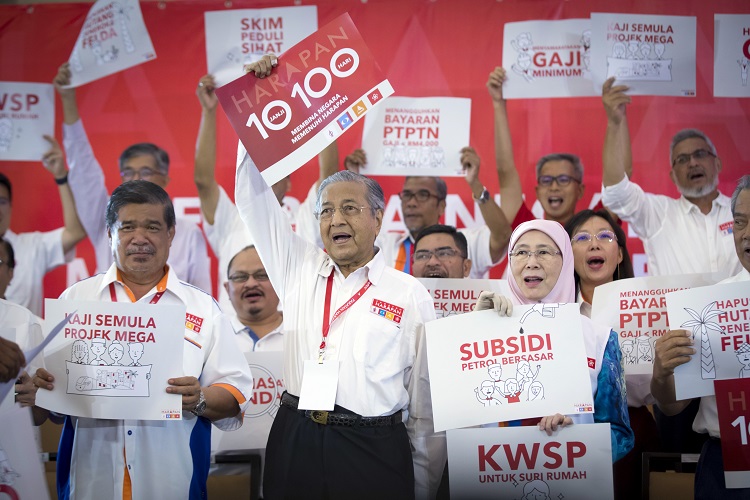
Mahathir Mohamad, centre, who was elected as the Prime Minister of Malaysia for the second time on 10 May 2018 as part of the Pakatan Harapan coalition, stands with the new Deputy Prime Minister Wan Azizah (centre left) at a political rally on 8 Mach 2018.
Two years ago, Malaysia’s opposition leader was in jail, its independent media was being censored and shut down, and colonial-era laws were being used to jail activists. The idea that the country would see a democratic transition was one that few believed, even in civil society. Yet, this past May, that’s exactly what happened: the opposition Pakatan Harapan (the Alliance of Hope, or PH) coalition ended the 61-year reign of the Barisan Nasional (the National Front, or BN) coalition led by the incumbent Prime Minister Najib Razak. It was the longest continuous rule of any elected government in the world.
“Before the election, even the night before, nobody expected this result,” says Kuang Keng Kuek Ser, a former journalist and founder of DataN, a newsroom data journalism training program. “The whole discussion was more ‘how can the opposition can defend their current seats?’ There was never any thought of a change of government.”
It was a stunning victory because, in the lead up the election, BN had done everything it could to stack the results in its favour.
Read the full article on Equal Times
God, honour and fatherland
By Hanna Jarzabek
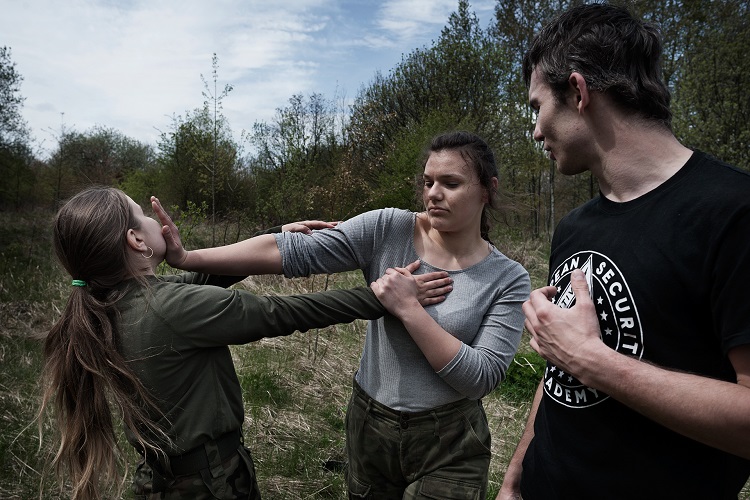
Students from the high school learning Krav Maga moves with inspector Kamil Zielinski of Unit 3060. Krav Maga is a martial art used by the Israeli defence and security forces. Zelinski is a former soldier, currently employed by a security firm, whose name he did not wish to disclose, but is comparable to Blackwater.
Over the last 18 years, Poland’s state schools have been developing a military education programme (also known as uniformed classes) for students aged between 16 and 19 years old, although some schools allow students to matriculate at the age of just 13.
This “innovative” programme is taught within the framework of the “education for security” course. It is not officially recognised, as such, by the National Education Ministry, but is receiving ever-increasing support from the Polish Army, particularly since the ultra-conservative Law and Justice Party came to power in October 2015.
The first classes of this kind were offered in 1999 but attracted very little interest. The trend has, however, changed significantly in recent years and seems to be on the rise.
Read the full article on Equal Times
Tackling disinformation in the age of social media
By Ricardo Gutiérrez

The European Commission, whose TV and radio studios in the Berlaymont building are pictured in this 2009 photograph, recently set up a high-level expert group on tackling disinformation.
During a recent video intervention on disinformation at a seminar for journalists in Thessaloniki, Greece, I started my speech with a reference to a very basic and old-fashioned system of governance known as ‘democracy’: “the worst form of government, except for all the others,” as Winston Churchill, quoting an unknown predecessor, described it.
Today, the issue of disinformation is of crucial importance, not only for the media sector, but also for our democratic society at large. At the European Federation of Journalists (EFJ) where I work as general secretary, we are very concerned by the current political response all over Europe to the dissemination of so-called ‘fake news’, or disinformation, as we prefer to call it.
The term ‘fake news’ was named as Collins Dictionary’s 2017 Word of the Year for its ubiquitous presence after use of the term had increased by 365 per cent since 2016. Although many high-level politicians like to use the term to attack and discredit the mainstream media, we should all refrain from it. For ‘fake news’ fails to describe the complexity of the ‘information disorder’. Disinformation is defined as false, inaccurate or misleading information designed, presented and promoted to intentionally cause public harm or for profit.
Read the full article on Equal Times
Behind the humanist façade, EU reforms are turning education into a commodity
By Gilbert Cyasionne
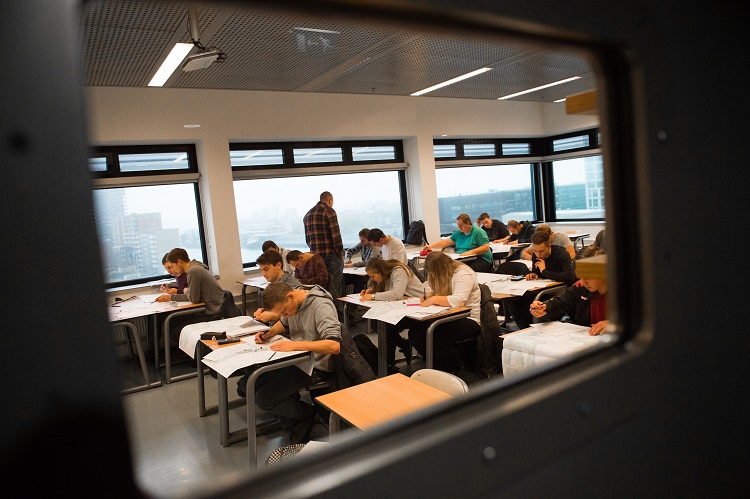
The European Union’s education reforms have sought increasingly to produce a labour force shaped to meet the needs of the labour market, to the detriment of the emancipating role of education that enables the individual to “reach and exceed the horizon of their social determinism”.
Any citizen watching his or her children grow up in a society in which the state chose to support the banks after they caused the collapse of the markets by speculating on probabilities; in which the population’s loss of trust in their leaders is reflected amongst other things in the rise of extremist political parties; in a climate of anxiety hyped up by the media which sometimes seem to forget its primary role in the interests of the big groups that bought them, can only nurture one feeling: hope.
The hope that their children will find a place for themselves in this system, and will be socially and culturally liberated while playing a role in a future society that will be more open, more focused on human values and less on productivity and profit at all costs. This citizen is also aware that the social and cultural education of her/his children is the responsibility of two agents: themselves as a parent and school as the embodiment of the education system which will, in her/his view, contribute to turning their children into responsible, educated, cultivated and emancipated human beings.
But by pinning their education hopes on the institution of school, the citizen is probably idealising the role that school can play today, in 2017.
Read the full article on Equal Times
Democracy and the Green New Deal: opportunity in a time of populism
By Monica Frassoni
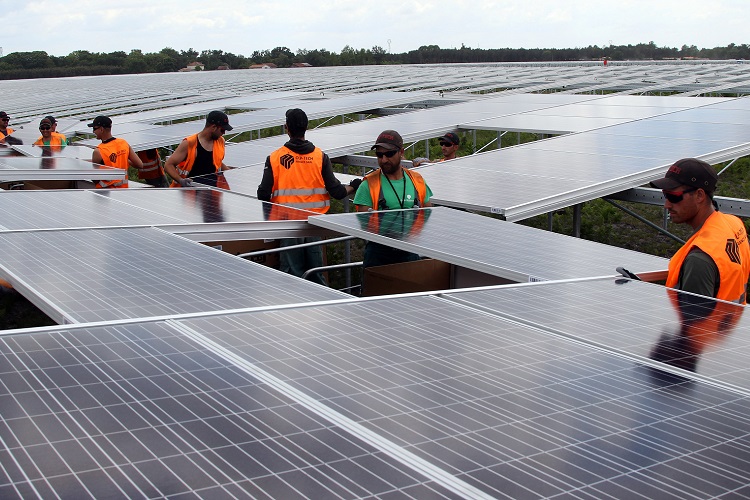
European Greens co-chair Monica Frassoni says a Green New Deal can drive job-creation and help fight climate change.
These are not happy times.
Donald Trump has been president for a few weeks: between the Muslim ban, top positions nominations, promises of walls, deportations of allegedly ‘illegal’ migrants, withdrawals from commitments on climate change, threats to allies and attacks against the media, there is little reason to be optimistic.
In Europe, the triggering of Article 50 to begin the UK’s EU exit process looms closer, as do the next elections in France, Germany and the Netherlands. The thought of a world with Putin, Trump, Le Pen, Wilders and Salvini all together in power is getting more realistic day-by-day.
Yet, on the other hand, these issues could also turn into times for opportunity and positive change. It is here that we must intervene – swiftly, effectively and realistically.
I believe there are two fields, in particular, that could determine whether we will triumph against or succumb to the rising wave of populism and authoritarianism: the “Green New Deal” and the quality of our democracy.
Read the full article on Equal Times
China seeks to become a "socialist country" by 2050
By Tania Romero y José Á. Díaz
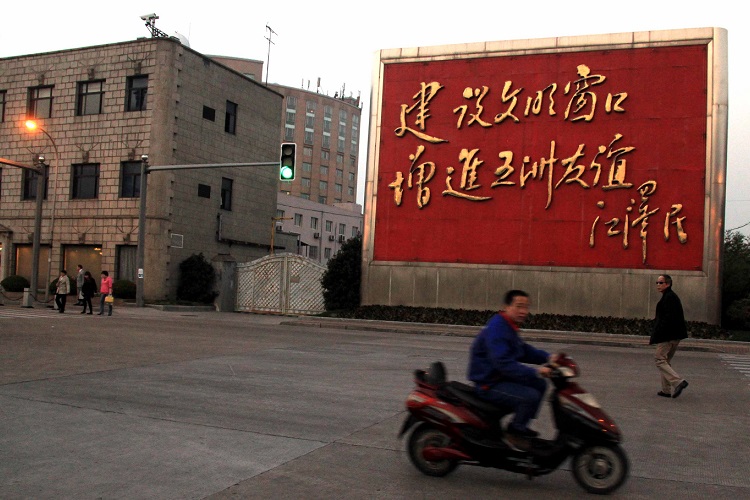
“We are building a window on (our) civilisation to increase our friendship with the five continents.” This propaganda slogan, reproducing the calligraphy of the former Chinese president Jiang Zemin, was put on display during the 1990s at the Shanghai International Airport Company (eastern China). It was during that time that Jiang brought Wang Huning, his advisor and theoretician, into the political realm. The academic is the theorist behind China’s current project to become a ‘socialist country’ by 2050.
China is reaching a crucial moment in its long development. The world’s most populated country, now the second largest economy on the planet, with an urban population enjoying living standards of the kind never seen by their ancestors, is also burdened with huge social and environmental problems, and inequalities so wide that they could end up undermining the very legitimacy of the CPC, which has been ruling the People’s Republic since 1949 and relies on economic progress to justify remaining in power.
Conscious that it needs to tackle these deep-seated problems if it wants the country’s development to be balanced and sustainable, Beijing has set a date, 2050, and has established a work programme to become the "socialist society" that the party promised when it was founded in 1921.
In October 2017, the CPC celebrated its 19th Congress, a quinquennial meeting at which the national policy for the next five-year period is generally set out. On this occasion, the Congress took on even greater than usual significance, with the announcement of the start of a "new era", and the steps needed to make it possible by 2050.



